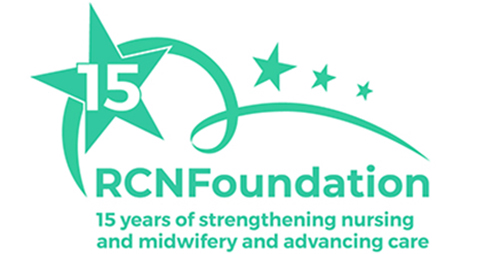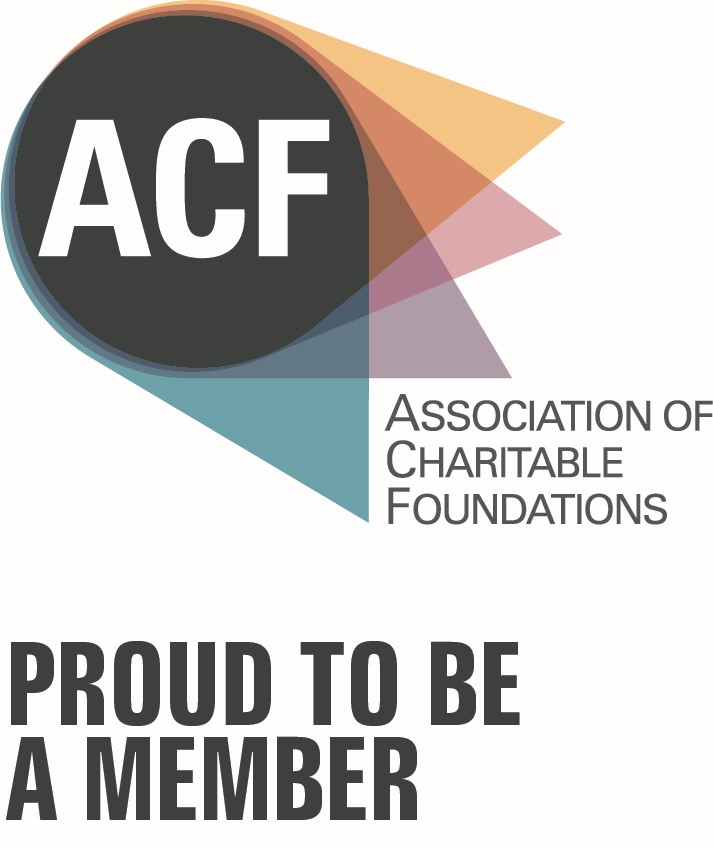Nurses, midwives and healthcare support workers are more likely to experience domestic abuse than the general population.
Background
Domestic abuse is a violation of basic human rights and has huge impacts on people’s lives. It is behaviour by one person towards another, where both people are aged 16+ and the people are personally connected (partners, ex-partners, family members). It includes psychological and emotional abuse; physical and sexual abuse; violent and threatening behaviour; controlling and coercive behaviour; financial and economic abuse; and stalking. It is most common as a pattern of (often subtle) behaviours which leave survivors feeling trapped.
Domestic abuse can affect anyone. In the UK, more than 2 million people experience domestic abuse each year, with 1 in 4 women and 1 in 7 men experiencing domestic abuse during their life. Health and social care professionals are frequently tasked with identifying, responding to, and referring patients and service users who are experiencing domestic abuse; however, their own experiences of domestic abuse are often ignored.
Research shows that nurses, midwives and healthcare support workers are even more likely to experience domestic abuse than the general population and rarely feel able to seek support. Almost 90% of survivors working in healthcare say they face barriers to disclosure and seek help at work, with the available support lacking visibility, and being limited to short-term practical help.
Research to create positive change
The RCN Foundation has funded Dr Alison Gregory to carry out the NAMED (Nursing And Midwifery professionals’ Experiences of Domestic abuse) study which will explore the domestic abuse experiences and support needs of nurses, midwives, and healthcare support workers across the UK.
The aim of the research is to create greater recognition of the issue and make tangible recommendations for action to ensure that healthcare staff experiencing domestic abuse get the support they need, at the point when they need it most.
The research is a collaborative endeavour, and our experts-by-experience (healthcare professionals who have experienced domestic abuse) are central to the work.
Taking part in the research
If you work in the UK in a nursing, midwifery or healthcare support worker role and you have experienced domestic abuse, please consider completing our online survey. The survey asks questions about your experiences and about the support options available to you. You do not have to answer any questions you do not want to. The survey will be open for 2-3 months.
Whilst we are keen for you to take part, it is important for you to consider whether you are in a safe position (in particular, without surveillance from an abuser) and whether you feel sufficiently resilient - your safety and wellbeing are our priority.
If you would like further information, please contact Dr Alison Gregory for more details.
Helplines and online support options
If you have experienced domestic abuse, you are not alone, and you may find it helpful to contact one of the organisations listed here for support.
The organisations listed are national helplines/services that can signpost you to more local support if you need it. If you are in immediate danger, please call the police on 999.
The RCN Foundation’s commitment to domestic abuse survivors
The RCN Foundation is committed to supporting nurses, midwives, and healthcare support workers who are experiencing difficult circumstances, including people who are experiencing domestic abuse. In particular, hardship grants are available – a one-off payment of up to £500 – for those in financial hardship. You need not suffer in silence – there is no shame in asking for the help you need.







